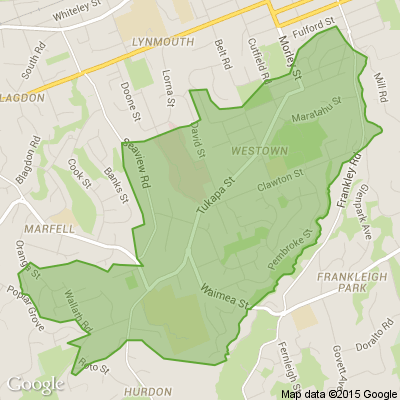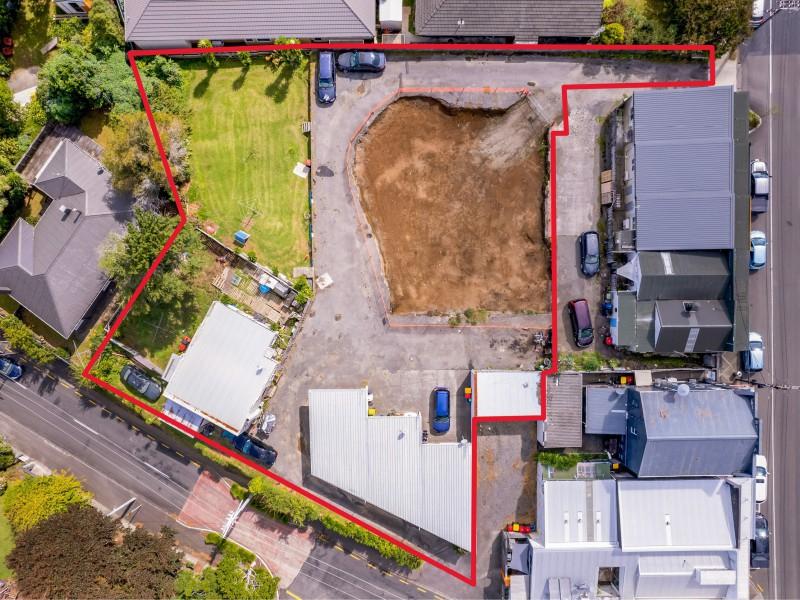
Know what’s happening
Access the private noticeboard for verified neighbours near you. Keep informed about any suspicious activity, send urgent updates to your neighbours when required and discuss emergency planning.
Get to know your neighbours
Browse the directory and start getting to know your neighbours. Don’t want to post to the whole neighbourhood? Send a private message.
Buy, sell and give away
Want to declutter your garage? Buy some used household items? Give away some garden stuff? Become a verified neighbour to browse and post items for sale. Trading is simple when everyone lives nearby.


Seen anything suspicious lately?
Share that informaton with your neighbours here.

Thank you for using Neighbourly
You may receive an email confirmation for any offer you selected. The associated companies will contact you directly to activate your requests.
Hey neighbours,
All New Zealand police officers will receive new stab- and bullet-proof vests in a $20 million roll-out over the next three-and-a-half years.
The current vests - which were introduced in 2006 - are stab-proof, but special vests are worn by any officers involved in firearms … View moreHey neighbours,
All New Zealand police officers will receive new stab- and bullet-proof vests in a $20 million roll-out over the next three-and-a-half years.
The current vests - which were introduced in 2006 - are stab-proof, but special vests are worn by any officers involved in firearms call-outs.
They have passed their warranty, but remain "safe and fit for purpose", says Police Commissioner Mike Bush.
What do you think about the new armour? Are police officers safe using the current vests? Are you surprised the existing vests aren't stab- and bullet-proof?
To read more, click here.
(Please add "NFP/not for print" if you do not want your images/ comments used on Stuff)

 Loading…
Loading…
Are you sure? Deleting this message permanently removes it from the Neighbourly website.
 Loading…
Loading…

 Enquiries Over $679,000
Enquiries Over $679,000



 Marketed by Maddison King
Marketed by Maddison King

 Buyer Enquiry Over $1,325,000
Buyer Enquiry Over $1,325,000



 Marketed by Pete Baylis
Marketed by Pete Baylis

 Buyer Enquiry Over $795,000
Buyer Enquiry Over $795,000



 Marketed by Pete Baylis
Marketed by Pete Baylis

 Auction (unless sold prior)
Auction (unless sold prior)



 Marketed by Sandra Pickering
Marketed by Sandra Pickering

 Buyer Enquiry Over $479,000
Buyer Enquiry Over $479,000


 Marketed by Maddison King
Marketed by Maddison King

 By Negotiation
By Negotiation

 Marketed by Kevin Hight
Marketed by Kevin Hight

 Expressions of Interest Over $1,150,000
Expressions of Interest Over $1,150,000

 Marketed by Phillip Su
Marketed by Phillip Su

 Buyer Enquiry Over $1,100,000
Buyer Enquiry Over $1,100,000



 Marketed by Pete Baylis
Marketed by Pete Baylis

 Buyer Enquiry Over $1,425,000
Buyer Enquiry Over $1,425,000



 Marketed by Pete Baylis
Marketed by Pete Baylis
© Neighbourly 2024
